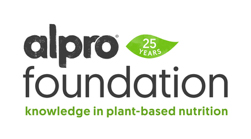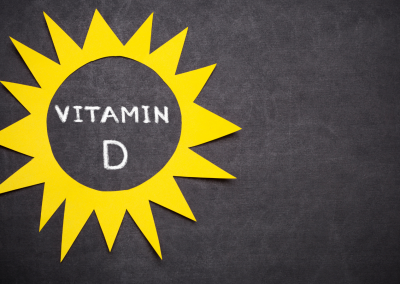SOY SERIES: Part 3 of 3
Soy products – future opportunities & novel applications
Tuesday 8 November 2022
Webinar: 140 mins
SOY SERIES: Part 3 of 3
Soy products – future opportunities & novel applications
Tuesday 8 November 2022
Webinar: 140 mins
Free
120mins
A GLOBAL EVENT FOR HEALTH PROFESSIONALS, POLICY MAKERS, ACADEMICS AND STUDENTS
This event is the final part of a special three-part webinar series on The Future of Soya for Health and Sustainability – Sharing Global Learnings. Soy has been part of the traditional Asian cuisine for centuries – and it is fast becoming an increasing part of the global diet. In this series, you will hear from internationally-acclaimed experts discussing the latest research across the globe and exploring the future of soy – for both health and sustainability.
Part 3 of this series will provide you with an overview of the very latest significant peer-reviewed research papers future opportunities and novel applications of soy. It will look at the latest data on soy polyphenols in relation to the gut barrier. You will learn about the potential role of Soy-based foods in supporting the maintenance of skeletal muscle where we will ask the question “could soy be part of the diet in long-distance space journeys?”. We also explore Soybean as a source of spermidine, along with the potential future role of soy peptide intake in relation to depression-related behavior.
THIS WEBINAR HAS BEEN DESIGNED FOR:
- Academics
- Industry professionals
- Policy makers
- Child health professionals
- Dietitians
- Nutritionists
- Other health professionals with an interest in this topic
The webinar will include recorded lectures from the speakers; each will also answer audience questions, which you can submit in advance when you register.
At each live screening, Chair Tanya Haffner will be providing insights, and nutrition and dietetics expert, Sue Baic, will be discussing and addressing some live questions with Tanya. A full question and answer document will also be provided to attendees after the event.
Help us to continue providing expert nutrition learning
If MyNutriWeb has helped you deepen your knowledge of dietary and nutritional subjects, join us to help support and educate people to eat well for themselves and the planet. Read more...

Programme outline
Chair’s welcome (5 minutes)
Tanya Haffner
CEO, Registered Dietitian, MyNutriWeb
Tanya Haffner's biography
Tanya is an Irish born, UK trained dietitian and nutritionist. She previously founded Nutrilicious Communications, the first solely dedicated nutrition communications agency in the UK, which has supported multiple change agents in food and health over 20 years. Now, the culmination of her mission to help everyone to eat well is the award winning MyNutriWeb.com, which uses all her experience and network, curating and running authentic influential learning and dialogue events, including traditional conferences, policy, networking, and training opportunities. Supporting and empowering all health professionals and other change agents in food with nutrition matters is in Tanya’s view, critical to improving citizens health whilst also helping to protect our planet. Tanya was awarded the Caroline Walker Trust Award for Freelance Nutritionist of the Year 2021 which recognises distinctive and outstanding work in promoting public health which maintains and advances the standards of food and nutrition. Tanya has recently taken up the role of chair of the BDA Sustainable diets group and is looking forward to working with the BDA to help advance the professions impact on sustainable eating.

Sue Baic
Freelance Registered Dietitian, Public Health Nutrition
Sue Baic’s biography
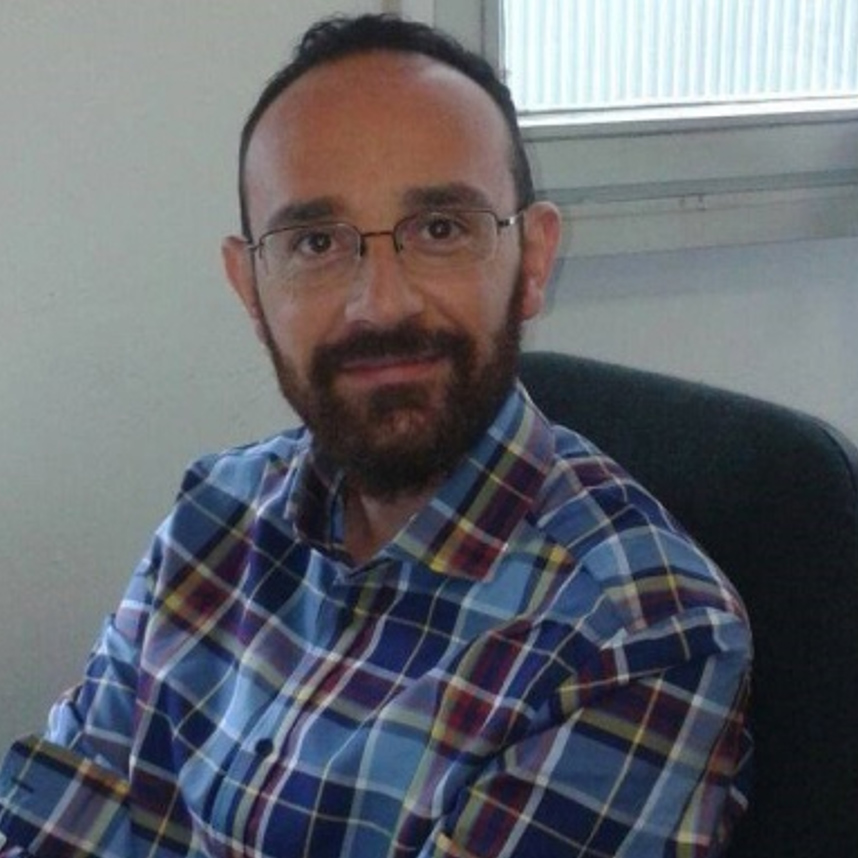
Keynote speaker 1 – Polyphenols including soy isoflavones and their role in the gut barrier (25 minutes)
Dr Cristian Del Bo, PhD
Assistant Professor, University of Milan, Department of Food, Environmental and Nutritional Sciences, Division of Human Nutrition
Dr Cristian Del Bo’s biography
Lecture outline and learning objectives
Leaky gut, or increased intestinal permeability, is a somewhat new concept that it is receiving increasing interest from the scientific community due to its putative role as risk factors for several diseases. It has been theorised that polyphenols may exert a positive modulation of the intestinal permeability; however, there is a lot of debate about their mechanisms and effects. This presentation will assess the current experimental evidence and explanations in scientific literature, as well as any limitation and potential gap to be covered in the context of polyphenols and leaky gut.
Watch this session to:
GAIN CLEAR UNDERSTANDING OF:
- The dietary factors potentially involved in the development of a leaky gut
- The suggested mechanisms through which polyphenols can exert a protective effect at intestinal level by preventing a leaky gut condition.
- The available scientific evidence on the effect of polyphenols, including soy isoflavones, on intestinal permeability.
BE AWARE OF:
- The importance of preventing an alteration of tight junction proteins which are responsible for an increased leaky gut
- Strengths and limitations of current evidence on the influence of polyphenols on intestinal barrier functionality at different levels
- Further research needed to better comprehend the impact of polyphenols on leaky gut
BE ABLE TO:
- Identify the possible risk factors associated with intestinal permeability.
- Comprehend the potential mechanisms related to the role of polyphenols, including soy isoflavones, in the modulation of the intestinal permeability.
- Recognise the limitations and identify the main gaps to cover in order to increase the evidence about polyphenols and leaky gut.
Q&As – recorded & live (10 minutes)
Tanya Haffner & Sue Baic, Expert Guest Dietitian

Keynote speaker 2 – Soy-based foods to support maintenance of skeletal muscle; could it be part of the diet in long-distance space journeys? (25 minutes)
Prof Takeshi Nikawa
Professor, Department of Nutritional Physiology, Institute of Biomedical Sciences, Tokushima University Graduate School Manager, Institute of Space Nutrition, Tokushima University Graduate School
Prof Takeshi Nikawa’s biography
Professor Nikawa graduated from the Faculty of Medicine, Tokushima University in 1988. He received his PhD in 1991. He studied anti-oxidative nutrients at Physiological Chemistry 1st at Duesseldorf University (Professor Sies), Germany from 1992 to 1994. He studied muscle protein metabolism at Department of Nutritional Physiology, Institute of Biomedical Sciences, Tokushima University Graduate School from 1994 to the present. He is intensively developing the nutritional approach against unloading-mediated muscle atrophy. He has also performed space experiments at the International Space Station and Space Shuttle several times.
Lecture outline and learning objectives
Muscle atrophy is a common concern for people with extremely reduced mobility, but also for those experiencing microgravity for long periods of time such as astronauts. Peptides found in soy glycinin protein can help to prevent muscle atrophy. In this talk, we will learn about the mechanism behind how dietary soy glycinin protein increases muscle strength of bedridden people, and how it could potentially be used as a tool to support the diets of astronauts in long-distance space journeys.
Watch this session to:
GAIN CLEAR UNDERSTANDING OF:
- The mechanism of unloading-mediated muscle atrophy
- Benefits of dietary soy proteins
- What are functional proteins or peptides
BE AWARE OF:
- The mechanism of unloading-mediated muscle atrophy
- Nutritional approach to unloading muscle atrophy
- Nutritional function of peptides derived from diets
BE ABLE TO:
- Development of novel functional space foods
- Development of anti-aging functional foods
- Development of ubiquitin ligase inhibitors
Q&A – recorded & live (10 minutes)
Tanya Haffner & Sue Baic

Short presentation 1 – New insights on interesting soy components: Soybean as a source of spermidine (10 minutes)
Professor Johann Vollmann
Associate Professor, University of Natural Resources and Life Sciences Vienna (BOKU) Austria
Professor Johann Vollmann’s biography
Lecture outline and learning objectives
Spermidine is a naturally occurring polyamine functioning as a cellular autophagy inducer with various health benefits. Soybean is a superior food source for spermidine and its precursors. Spermidine concentrations are subject to variation in seeds and soy-food products.
Watch this session to:
GAIN CLEAR UNDERSTANDING OF:
- Natural polyamines
- Spermidine and its functions
- Soybean seed constituents
BE AWARE OF:
- Spermidine sources
- Spermidine distribution in the seed
- Natural variation of polyamine concentration
BE ABLE TO:
- Consider the health value of spermidine
- Assess spermidine levels of soy-foods
- Reconsider the value of soy-foods
Q&A – recorded & live (10 minutes)
Tanya Haffner & Sue Baic
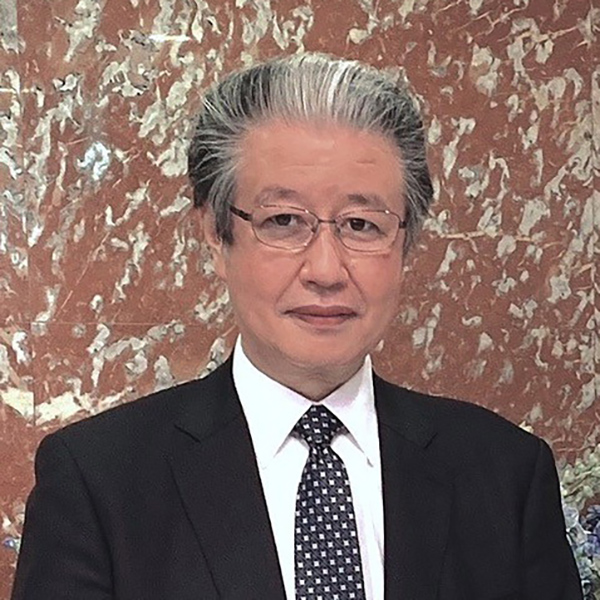
Short presentation 2 – Soy peptide intake and improvement of depression-related behavior (10 minutes)
Professor Shigeki Furuya
Division of Biosystems Engineering, Department of Bioscience and Biotechnology, Kyushu University, Japan
Professor Shigeki Furuya’s biography
Lecture outline and learning objectives
Epidemiological studies suggest that diet quality may influence the prevalence of mood disorders. The relationship between diet quality, behaviour, and brain molecular expression is currently unknown. This presentation highlights recent research looking at soy peptide intake and its impact on depression -related behaviour and brain gene expression in mice.
Watch this session to:
GAIN CLEAR UNDERSTANDING OF:
- Benefits and limitations of assessing the effects of specific food components on brain function
- How to evaluate mood disorder-related behaviours in rodents
- Current methods for analysis of gene expression on a whole genome scale
BE AWARE OF:
- How brain function is affected by diet
- The impact of different proteins depending on their origin and the form in which they are ingested
- Soy components and their potential impact on brain health
BE ABLE TO:
- Explain the impact of this study on dietary advice
- Communicate risks and benefits based on molecular nutritional research to the public
- Explain the merits of animal behavioural study as well as its limitations
Q&A – recorded & live (10 minutes)
Tanya Haffner & Sue Baic
Wrap up and Close
CPD CERTIFICATE & LEARNING MATERIALS
This event is approved for CPD by the AfN

Webinar slides and links to other key resources will be sent within a week of viewing the live webinar, along with a separate personalised CPD certificate to save for your files. Add hello@mynutriweb.com to your safe senders to ensure you receive them.
This webinar is being run in association with Alpro Foundation and The Fuji Foundation for Protein Research
About Alpro Foundation
Alpro Foundation is an independent non-profit organisation that was founded in 1996 in order to support scientific research into nutrition and to promote knowledge and awareness of plant-based nutrition, health and sustainability. Various resources for academics, health professionals and students can be found on their website www.alprofoundation.org
About Fuji Foundation for Protein Research
Fuji Foundation for Protein Research was established to support soy protein research and thereby contribute to human health, nutrition and food sustainability.
The Fuji Oil Group established The Research Committee of Soy Protein Nutrition in 1979 in Japan to advance both basic research and applications knowledge relating to soy. This Committee was the forerunner of the Fuji Foundation for Protein Research, a Japan-registered charity that promotes research on plant protein, in particular soy.
Since 1991, the Foundation has made grants to Japan-based research groups investigating plant protein in 4 subject areas:
- Nutrition & health
- Functionality
- Plant cultivation
- Food culture
To date, these awards the focus has been on soy protein research. However, the Foundation plans to expand its activities to other plant proteins and offer grants to overseas researchers from 2023 onwards. English language website www.fujiproteinfoundation.org
Please note, approval of each sponsor and activity is carefully assessed for suitability on a case by case basis. Sponsorship does not imply any endorsement of the brand by MyNutriWeb, its organisers, its moderators or any participating healthcare professional, or their association. Sponsorship funds are reinvested into the creation and promotion of professional development opportunities on MyNutriWeb.
Popular Now
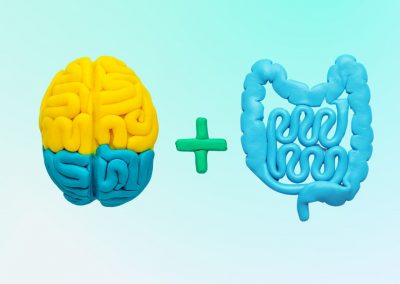
Eating Disorders & Disorders of Gut-Brain Interaction
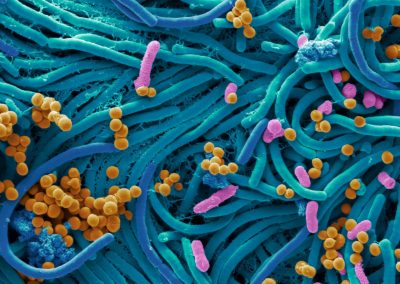
Professor Glenn Gibson: Current perspectives on gut health research: focus on prebiotics

Reframing Dietary Therapies for IBS
Feature in a Webinar
Webinar guest experts encompass topics relevant to all professionals and change agents in food and health, across all health and business sectors.
Would you like to feature in a webinar, or propose a guest expert?
Sponsor a webinar
MyNutriWeb offers organisations and brands an opportunity to sponsor topics, gaining valuable insights into the viewpoints of professionals within a moderated environment. If there is a topic that you would like to support please get in touch to discuss.
This website is intended only for students or professionals working in food, nutrition and health. If this is you, please click to continue.

